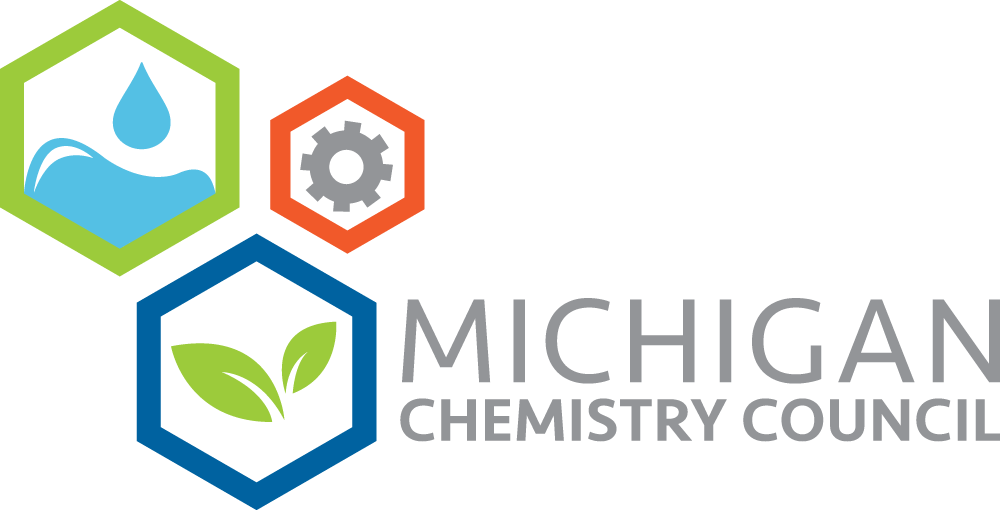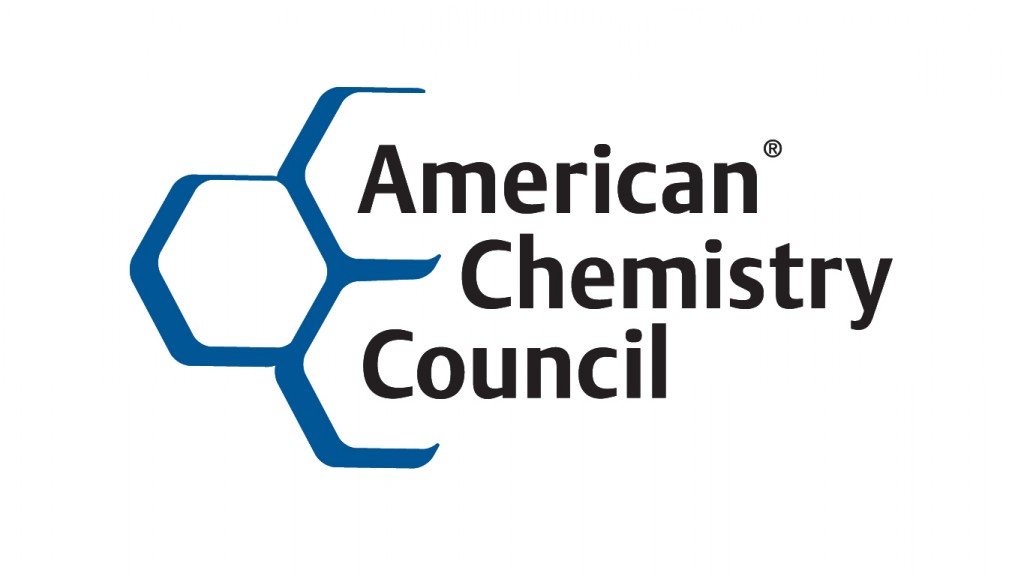It’s no secret that the U.S. auto industry is riding a major hot streak, with car sales surpassing more than 17 million last year. American automakers are turning out loads of innovative new models that deliver not only performance, style, and comfort - but increasingly, environmental sustainability. This year’s North American International Auto Show (NAIAS) offers plenty of proof that consumers are demanding “green” cars, and that automakers are turning to chemistry for the solutions.
Michigan’s chemical industry has long been a key supplier to Detroit. Chemicals are essential in the production of automotive adhesives, coatings, plastics, composites, batteries, rubbers, fluids, and many other components. In fact, the average vehicle made in the U.S. and Canada already contains over $3,500 in chemistry products. As automakers strive for improved environmental performance, many of Michigan’s chemical companies are stepping up to meet these sustainability challenges.
One example is automotive coatings, which give new cars their gleam but have also traditionally been one of an auto plant’s worst environmental culprits. Michigan’s chemical companies have been leaders in helping automakers to curb their paint-related air emissions and to better recycle their paint byproducts. This has led not only to significant pollution reductions, but also to huge cost savings.
Under the hood, chemistry has contributed to better lubricants that reduce friction on crucial drivetrain parts. This improves fuel economy, lessens the number of oil changes needed, and extends the service life of today’s new vehicles – all of which are key sustainability goals.
New battery technologies also continue to emerge, with Michigan serving as a major hotbed of research and development. Chemical makers have been key players in this field, which yields new advances every year and promises to transform the way we power our vehicles.
However, perhaps the most foremost sustainability concern for automakers is lightweighting. As consumer demand and new regulations drive fuel efficiency requirements, automakers have honed in on the need to shed pounds. Chemistry has been essential in enabling new lightweighting solutions. For instance, when a major Detroit automaker recently moved to lightweight aluminum for its truck design, it turned to a Michigan chemical manufacturer to create the structural adhesives that made this possible.
The chemical industry also develops the lightweight plastics and composite polymers that are revolutionizing automotive engineering. While the cars of yesteryear may have used simple plastic bumpers and interior trim, today’s advanced designs feature full plastic body panels, suspension components, and even drivetrain parts. With a range of possible applications, it shouldn’t be a surprise that plastics now make up 50% of the average new car’s volume, but account for only 10% of its weight.
Not only are plastics and composite materials lighter than metal, but they also offer other advantages, including advanced design possibilities, ease of manufacturing, corrosion resistance, and improved safety performance. And automakers continue to push the sustainability envelope by incorporating recycled and bio-based plastic materials into their designs.
Michigan proudly stands at the forefront of this materials revolution. With more than 15,000 people directly employed in our automotive plastics industry, we are by far the leading state in the nation. Michigan is also the home of the new Institute for Advanced Composites Manufacturing Innovation (IACMI), a research hub led by Michigan State University and a number of Michigan companies – including many chemical makers. This effort will help accelerate the development of new materials and their applications in the cars of tomorrow.
From reducing pollution to conserving energy, we believe that the U.S. auto industry has a huge responsibility to produce more sustainable vehicles – and we’re glad that Michigan chemistry can help enable this “green” progress.
John Dulmes is executive director of the Michigan Chemistry Council, which represents the state’s chemical companies and their employees.
https://www.linkedin.com/pulse/michigans-chemical-industry-essential-green-cars-john-dulmes

